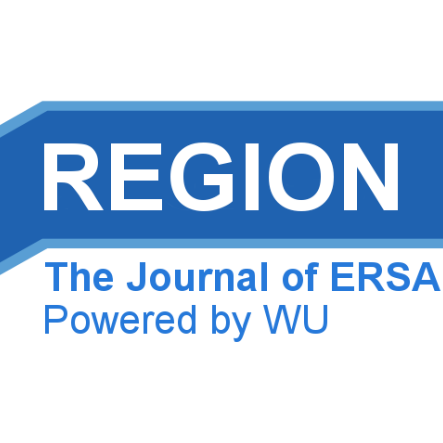The role of the European Union on immigration. An anthropological approach to the treaties that have been carried out in Europe in order to manage diversity
DOI:
https://doi.org/10.18335/region.v6i1.262Abstract
Migrations are a global phenomenon that has prevailed throughout history. In the last decades there is a need to control every person who enters and leaves the borders of a country. This fact can be observed in the European Union where in the last years the migratory phenomenon is appreciated as a problem. This institution carries out different measures in order to manage this diversity within its borders. However, these agreements are not adapted to the different contexts and are not carried out by all the countries that compose this institution. In spite of all this, the discourse used by the European Union promotes the European identity in front of the rest, differentiating those considered others. These others are differentiated primarily by their nationality although from the discourse analysis can be observed as the economic factor is essential. These themes will be studied in this paper, which will allow us to understand what treaties have been established in the European Union regarding migration and how diversity is managed from them.
Published
How to Cite
Issue
Section
License
Copyright (c) 2019 Carmen Clara Bravo Torres

This work is licensed under a Creative Commons Attribution-NonCommercial 4.0 International License.
REGION is an open journal, and uses the standard Creative Commons license: Copyright We want authors to retain the maximum control over their work consistent with the first goal. For this reason, authors who publish in REGION will release their articles under the Creative Commons Attribution license. This license allows anyone to copy and distribute the article provided that appropriate attribution is given to REGION and the authors. For details of the rights authors grant users of their work, see the "human-readable summary" of the license, with a link to the full license. (Note that "you" refers to a user, not an author, in the summary.) Upon submission, the authors agree that the following three items are true: 1) The manuscript named above: a) represents valid work and neither it nor any other that I have written with substantially similar content has been published before in any form except as a preprint, b) is not concurrently submitted to another publication, and c) does not infringe anyone’s copyright. The Author(s) holds ERSA, WU, REGION, and the Editors of REGION harmless against all copyright claims. d) I have, or a coauthor has, had sufficient access to the data to verify the manuscript’s scientific integrity. 2) If asked, I will provide or fully cooperate in providing the data on which the manuscript is based so the editors or their assignees can examine it (where possible) 3) For papers with more than one author, I as the submitter have the permission of the coauthors to submit this work, and all authors agree that the corresponding author will be the main correspondent with the editorial office, and review the edited manuscript and proof. If there is only one author, I will be the corresponding author and agree to handle these responsibilities.




